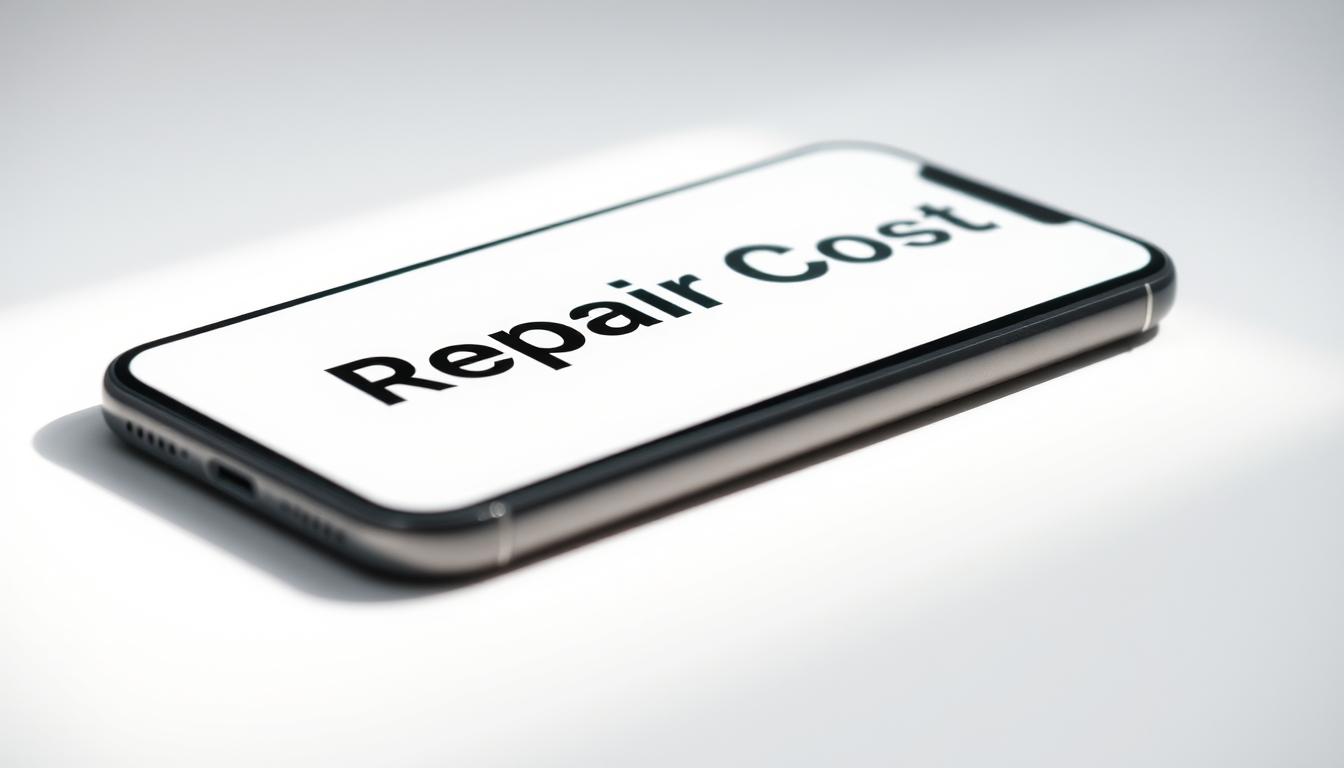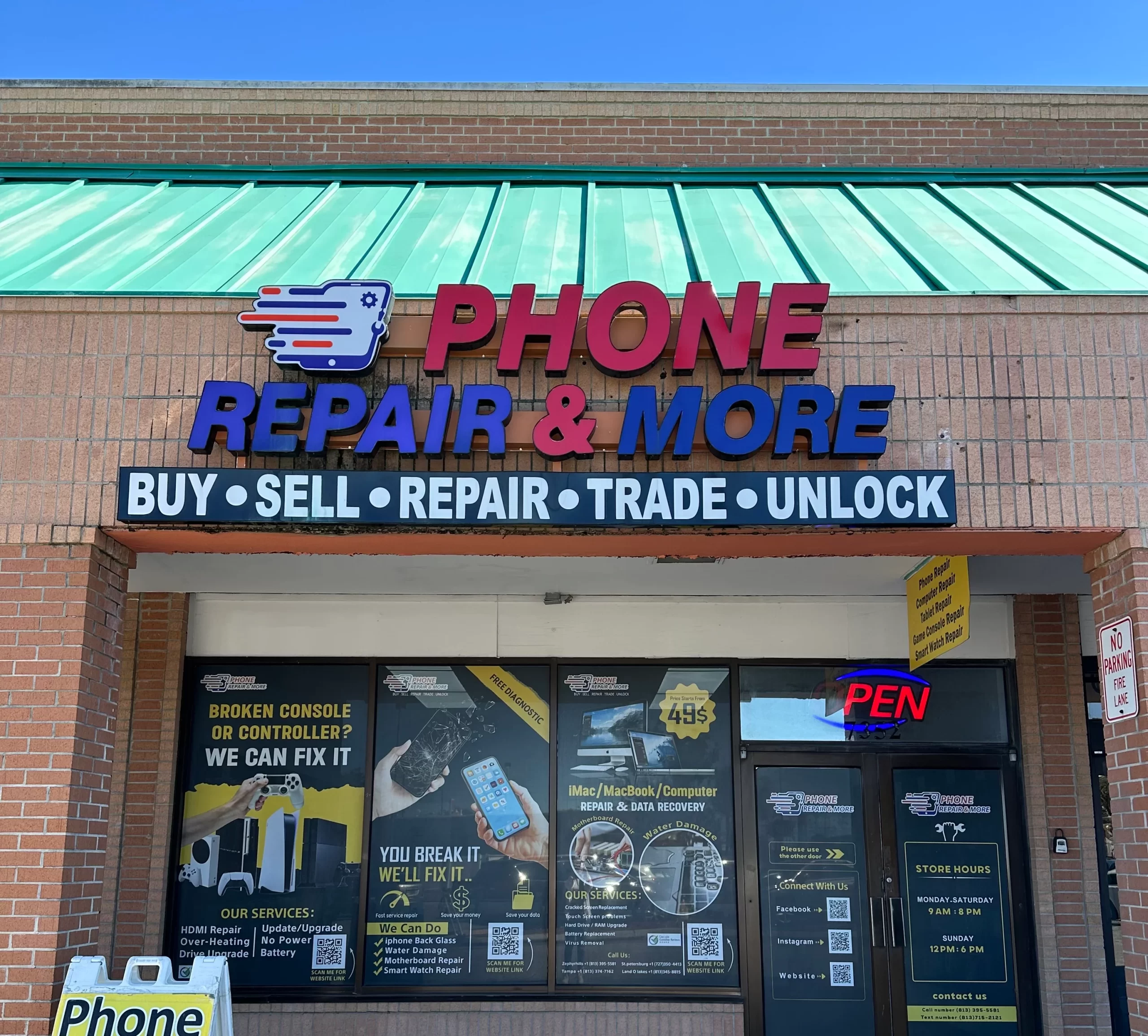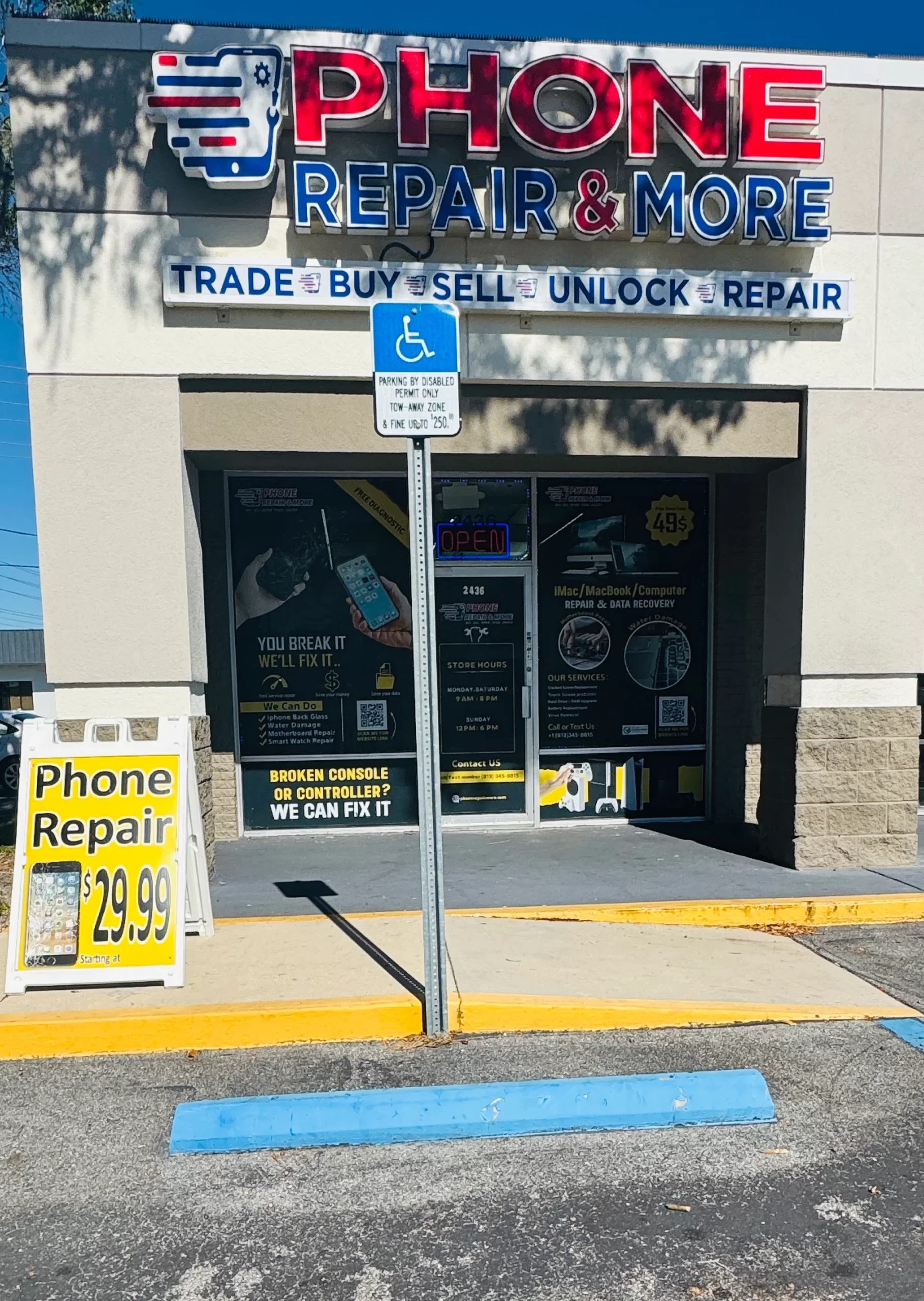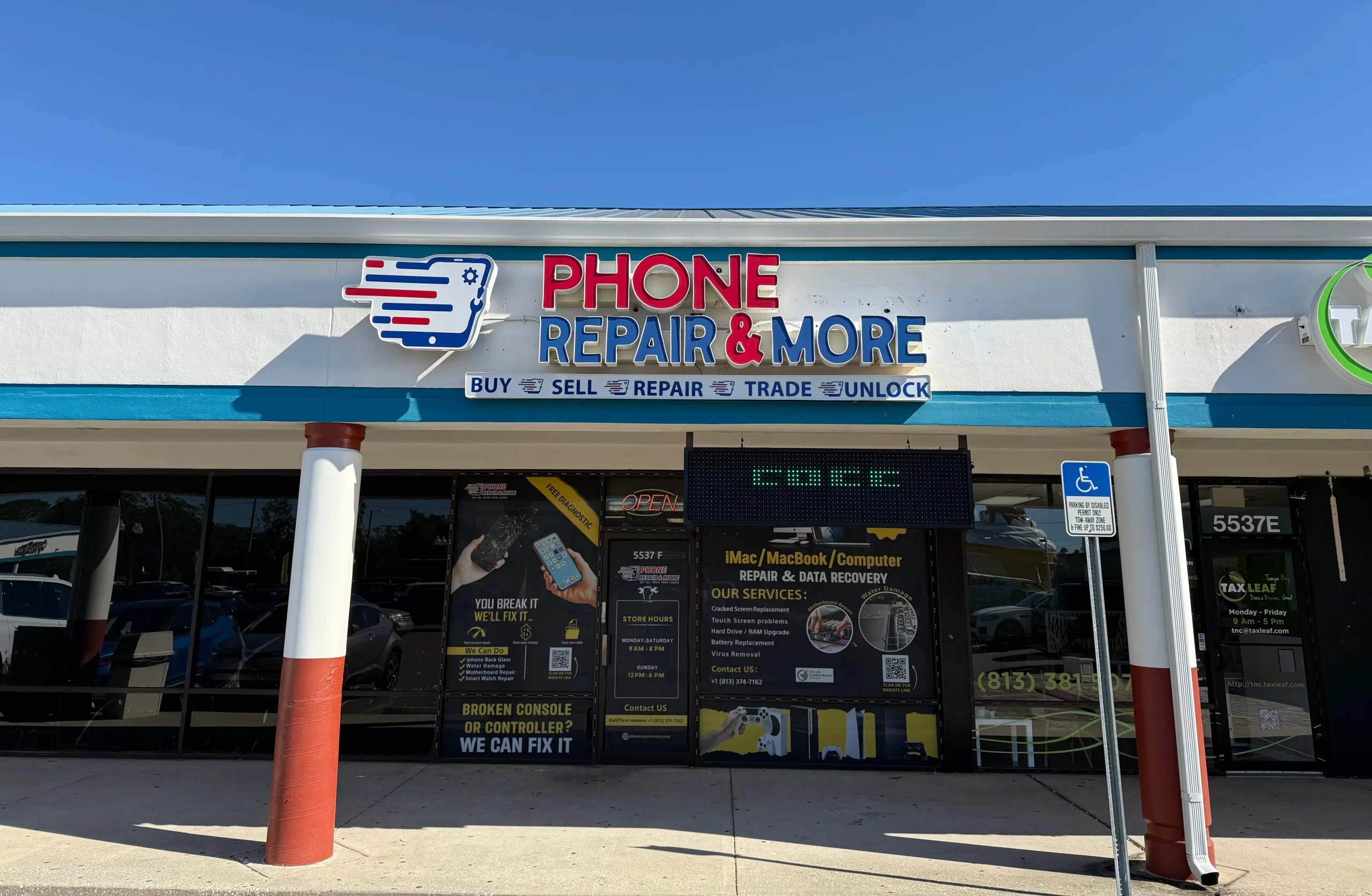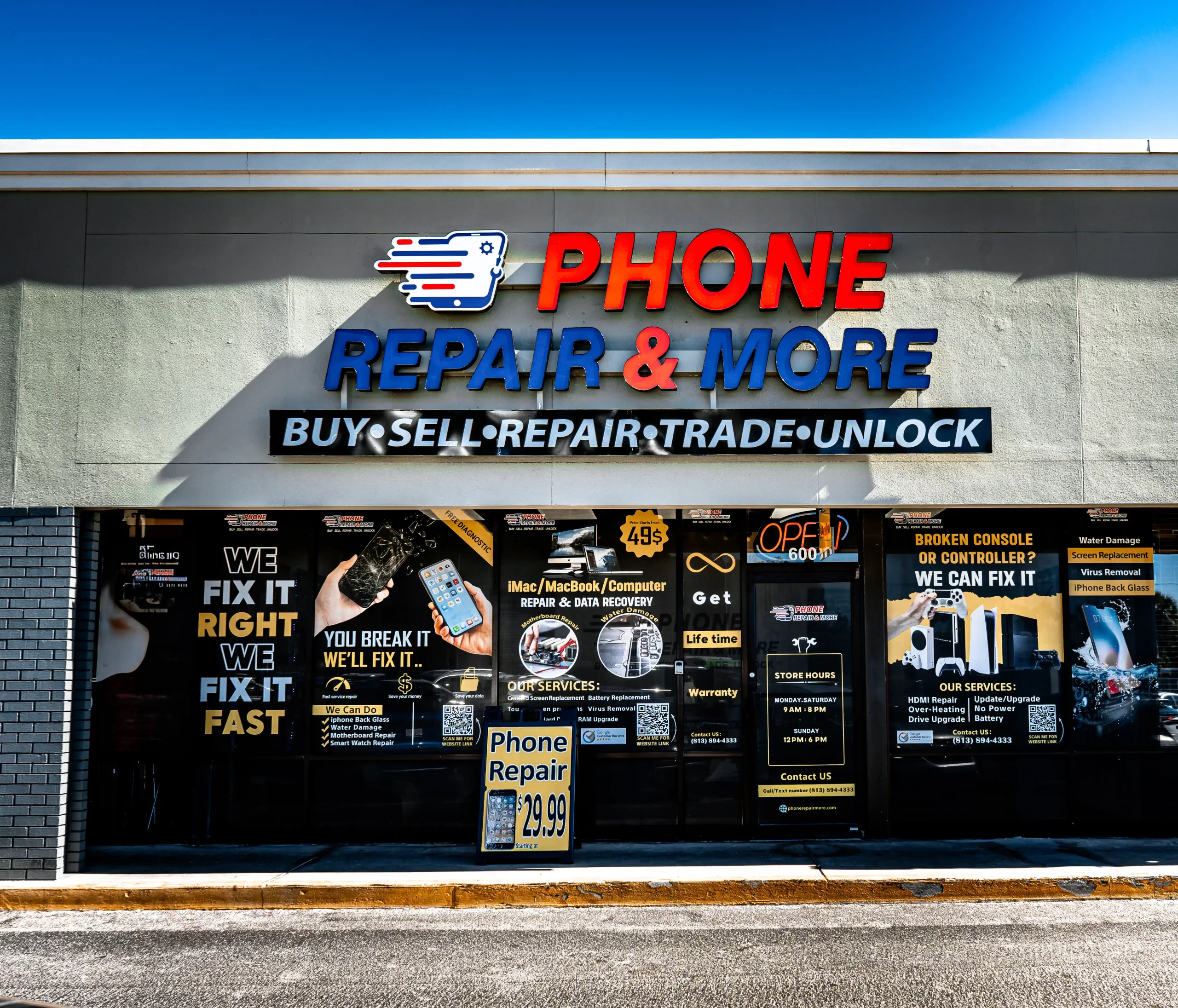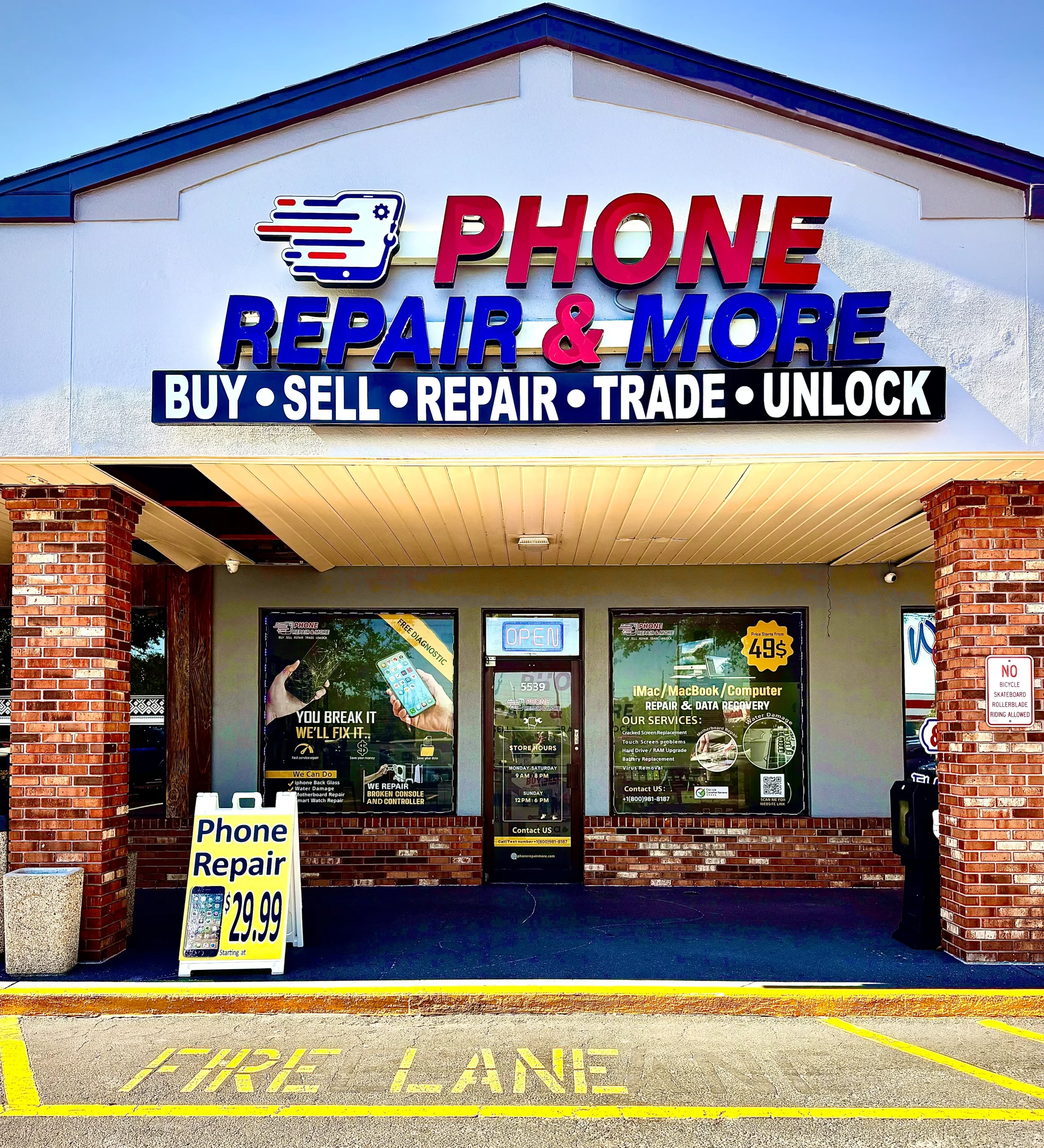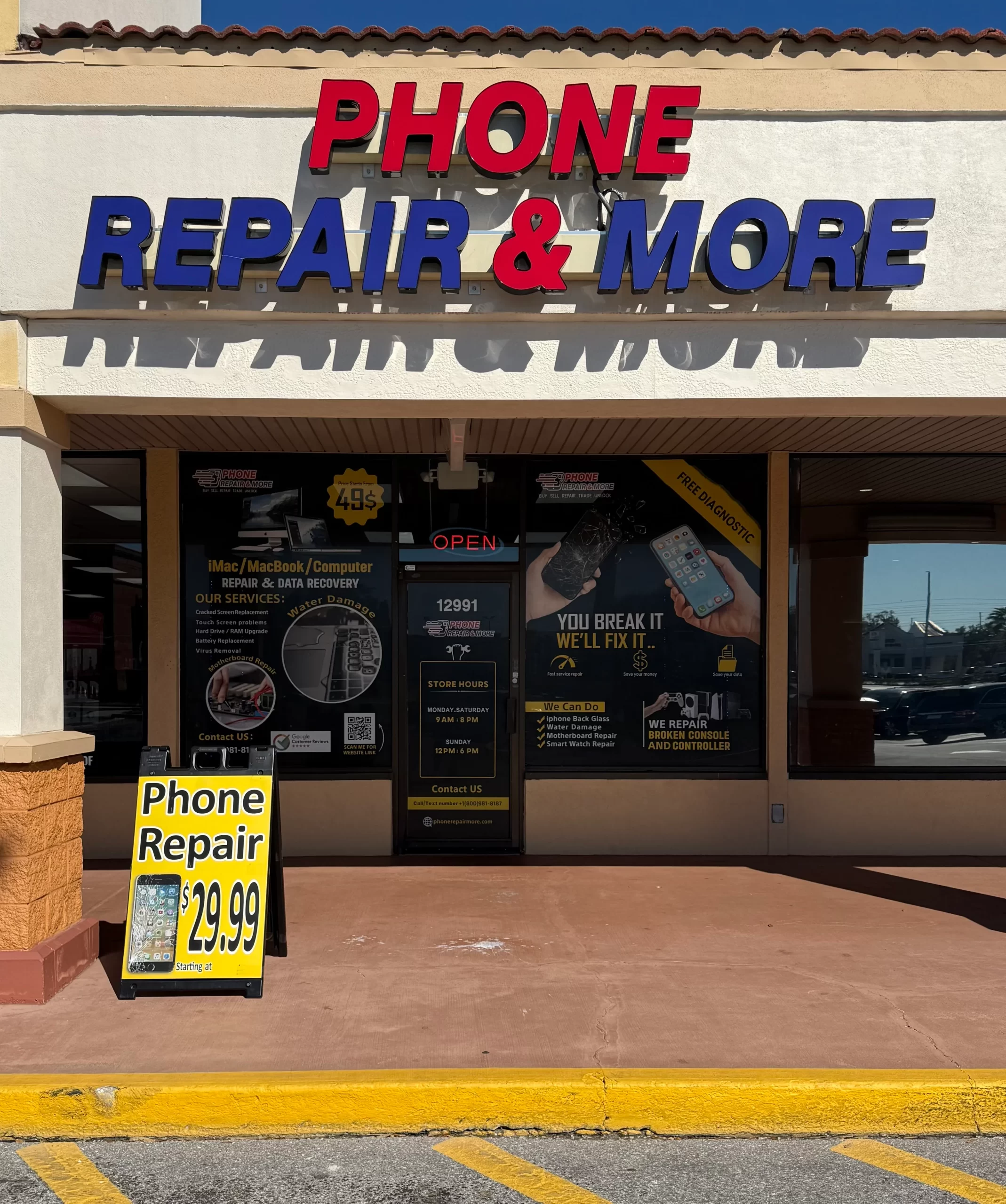Ever thought about when a laptop becomes outdated? In today’s fast world, knowing how long a laptop lasts is key. Most laptops last about four to five years. But, high-end models from Apple can go up to seven to ten years.
Many things affect how long a laptop works well. This includes the quality of its parts, how you use it, and how well you take care of it. As software gets newer and security needs grow, knowing when a laptop is outdated helps you decide when to upgrade or replace it.
Key Takeaways
- The average laptop lifespan is typically four to five years.
- High-end laptops, particularlly from Apple, can last seven to ten years.
- Battery issues often contribute to a laptop’s obsolescence.
- Regular maintenance can significantly extend a laptop’s functionality.
- Older laptops may struggle with modern operating systems after ten to twelve years.
Understanding Laptop Longevity
Knowing how long a laptop lasts involves looking at a few key factors. People usually want a laptop that lasts a good amount of time before needing to be replaced. The lifespan of a laptop can vary a lot. It depends on how it’s used, the quality of its parts, and how well it’s taken care of.
Factors Influencing Longevity
Many things affect how long a laptop lasts. The quality of its parts and how hard it’s used are big factors. For example, laptops made for gaming or video editing might not last as long as those for simple tasks.
Upgrading parts like RAM and SSDs can help a laptop last longer. But, too much heat and bad air flow can damage it and shorten its life.
Average Lifespan of Laptops
A laptop can last between 3 to 5 years with normal use. Laptops under $700 usually last 2 to 4 years. Those costing between $700 and $1,000 can last up to 5 years.
Premium laptops can last 4 to 7 years. Hard drives in laptops last about 3 to 5 years. But, solid-state drives can last longer because they don’t get worn out as much.
A good laptop battery can last 2 to 4 years. But, not taking care of it can make it wear out faster.
Signs Your Laptop Is Becoming Obsolete
Signs that your laptop is getting old include it crashing a lot and being slow. If it can’t handle new software or its battery doesn’t last long, it’s time to think about getting a new one. Knowing when to upgrade is important for keeping your laptop running well.
Technological Advances and Their Impact
It’s important to understand how tech updates affect laptop longevity. Fast changes in hardware components play a big role in how long a laptop works well. Keeping up with these changes helps users manage their devices better and deal with old electronics.
Processor and Graphics Card Developments
New advancements in processors and graphics cards have changed laptop performance. Today’s high-performance laptops have better components for graphics and efficiency. These updates can make high-end laptops last up to ten years with the right care.
Software Requirements Evolution
As software needs grow, keeping laptops running well is key. Laptops need regular updates to their operating systems and apps to stay up-to-date. Without these, even new laptops can slow down and face common problems of old electronics.
Keeping a laptop’s software current keeps it working well. It also makes sure it can run new programs and stay safe. For tips on keeping laptops in top shape, check out this guide on laptop longevity.

The Role of Maintenance and Care
Keeping your laptop in good shape is key to making it last longer. Regular care helps keep your laptop running smoothly. Here are some important steps to keep your laptop in top condition.
Regular Updates and Upgrades
Keeping your operating system up to date is crucial. It makes your laptop more stable and faster. Adding more RAM or switching to a solid-state drive (SSD) can also boost performance.
Getting help from experts for these upgrades is a good idea. They can give advice that fits your laptop’s needs. These upgrades can add 1 to 2 years to your laptop’s life, helping it stay current longer.
Importance of Physical Care
Physical care is just as important as software updates. Dusting regularly prevents overheating, which can damage your laptop. Be careful not to drop your laptop, as this can harm it.
Follow the right battery care tips. Charge to about 80% and avoid letting it fully discharge. These steps can help your battery last longer. Taking care of your laptop in these ways can save you money and keep you productive. For more tips, check out this resource.
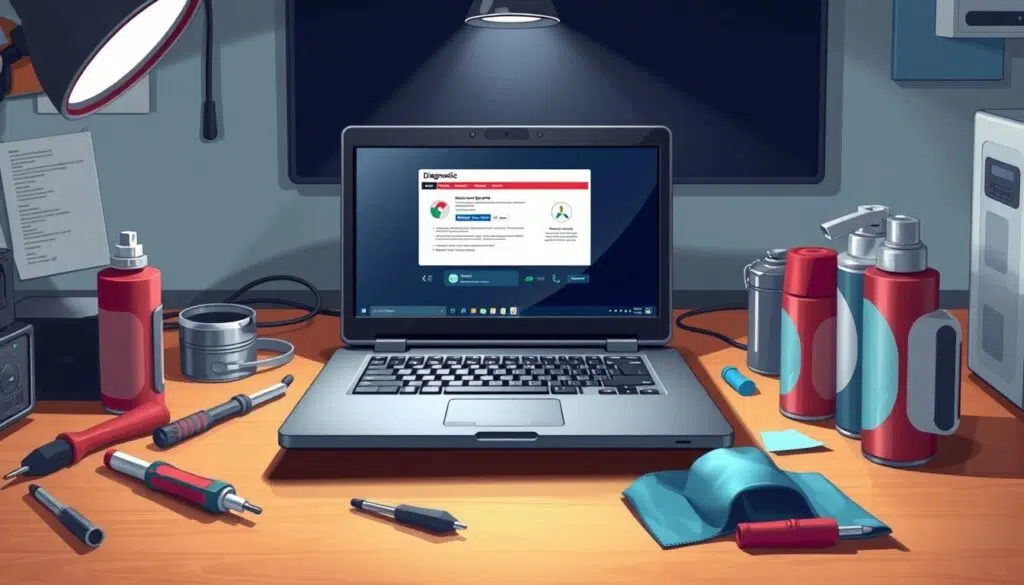
How Often Should You Upgrade?
Figuring out when to upgrade your laptop depends on several things. These include your budget, how well it performs, and what you need it for. Laptops usually last 3 to 5 years. Knowing when to upgrade can save you time and money in the long run.
Technology changes fast. What was top-notch a few years ago might soon be outdated.
Budget Considerations
The cost of upgrading a laptop can vary a lot. Basic ones start at about $300, while high-end ones can cost over $3,000. Many people spend between $600 and $1,000.
It’s important to think about what you get for your money. A slightly higher price might mean better performance and lasting longer.
When Upgrading Makes Financial Sense
Signs it’s time to retire your laptop include slow performance, crashes, and not working with new software. If fixing it costs almost as much as a new one, it’s cheaper to buy a new laptop. Businesses can also save money by buying in bulk.
Think about how much downtime costs you. If new laptops make you more productive, it’s worth the upgrade. For more tips on when to upgrade, check out this resource.
Recognizing Beyond Hardware
Laptop longevity goes beyond just its parts. It’s also about what users need. People in different fields have different needs. This affects when a laptop is no longer good enough.
Casual users might be happy with simple laptops. But gamers and creatives need more power sooner. Knowing this helps us see when a laptop is outdated.
The Impact of User Needs
Software changes affect how long a laptop lasts. Those who need advanced features, like graphic design or gaming, stress older laptops. As software gets better, older laptops can’t keep up.
This leads to slower performance and trouble with new apps. Knowing what you need helps decide when to upgrade or replace.
Operating Systems and Compatibility
Operating systems also play a big role in a laptop’s life. Newer systems can make older laptops struggle. This causes problems with apps and devices.
Trying to use new gadgets with an old laptop can fail. Users face a tough choice when their favorite laptop can’t run the latest software. It’s important to balance hardware and software needs for a laptop to work well.
Choosing Repair Services to Extend Lifespan
As technology gets better, knowing when your laptop is getting old is key. Fixing your device instead of buying a new one can save money. Many people find that professional repairs can fix big problems, like motherboard failures or battery issues, making your laptop last longer.
Benefits of Professional Repairs
Getting your laptop fixed by experts can make you feel more confident in its life span. They do detailed checks for free, which can spot big problems early. Upgrading parts like RAM or swapping out the hard drive for an SSD can make your laptop run better and last longer.
Repair costs are usually much lower than buying a new laptop. This means you can save money and keep working smoothly. So, choosing repairs when you can is a smart move.
Phone Repair & More: Your Go-To Repair Shop
Phone Repair & More is a great place for laptop fixes. They focus on making customers happy and have skilled techs. They offer custom services, making sure each repair fits your needs.
Choosing Phone Repair & More can help your laptop last longer and work better. It’s a smart way to get the most from your device. For more on spotting device problems, check out this article.



